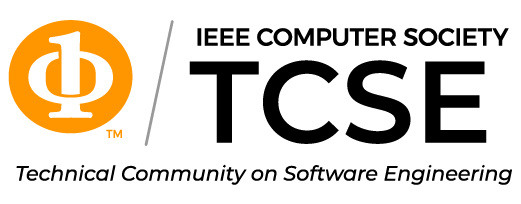|
IEEE EVENT CONDUCT AND SAFETY STATEMENT
IEEE believes that science, technology, and engineering are fundamental human activities,
for
which openness, international collaboration, and the free flow of talent and ideas are
essential. Its meetings, conferences, and other events seek to enable engaging,
thoughtprovoking
conversations that support IEEE's core mission of advancing technology for
humanity. Accordingly, IEEE is committed to providing a safe, productive, and welcoming
environment to all participants, including staff and vendors, at IEEE-related events.
IEEE has no tolerance for discrimination, harassment, or bullying in any form at
IEEE-related
events. All participants have the right to pursue shared interests without harassment or
discrimination in an environment that supports diversity and inclusion. Participants are
expected to adhere to these principles and respect the rights of others.
IEEE seeks to provide a secure environment at its events. Participants should report any
behavior inconsistent with the principles outlined here, to on site staff, security or venue
personnel, or to eventconduct@ieee.org.
IEEE Conduct and Safety Statement
ACM CODE OF ETHICS AND PROFESSIONAL CONDUCT
Computing professionals' actions change the world. To act responsibly, they should reflect
upon the wider impacts of their work,
consistently supporting the public good. The ACM Code of Ethics and Professional Conduct
("the Code") expresses the conscience of the profession.
The Code is designed to inspire and guide the ethical conduct of all computing
professionals, including current and aspiring
practitioners, instructors, students, influencers, and anyone who uses computing technology
in an impactful way. Additionally,
the Code serves as a basis for remediation when violations occur. The Code includes
principles formulated as statements of responsibility,
based on the understanding that the public good is always the primary consideration. Each
principle is supplemented by guidelines, which
provide explanations to assist computing professionals in understanding and applying the
principle.
The Code as a whole is concerned with how fundamental ethical principles apply to a
computing professional's conduct.
The Code is not an algorithm for solving ethical problems; rather it serves as a basis for
ethical decision-making.
When thinking through a particular issue, a computing professional may find that multiple
principles should be taken into account,
and that different principles will have different relevance to the issue. Questions related
to these kinds of issues can best be
answered by thoughtful consideration of the fundamental ethical principles, understanding
that the public good is the paramount consideration.
The entire computing profession benefits when the ethical decision-making process is
accountable to and transparent to all stakeholders.
Open discussions about ethical issues promote this accountability and transparency.
ACM Code of Ethics and Professional Conduct Website
Policy Against Harassment at ACM Activities
|





